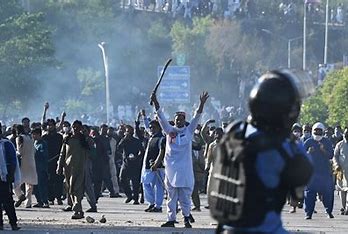Twenty years after the U.S. invaded Iraq — in blinding explosions of shock and awe — American forces remain in the country in what has become a small but consistent presence to ensure an ongoing relationship with a key military and diplomatic partner in the Middle East.
The roughly 2,500 U.S. troops are scattered around the country, largely in military installations in Baghdad and in the north. And while it is a far cry from the more than 170,000 U.S. forces in Iraq at the peak of the war in 2007, U.S. officials say the limited — but continued — troop level is critical as a show of commitment to the region and a hedge against Iranian influence and weapons trafficking.A look at America’s evolving role in Iraq:
The rise of the Islamic State group — its roots were in al-Qaida affiliates — and its expanding threat to the U.S. and allies across Europe sent the U.S. back into Iraq at the invitation of the Baghdad government in 2014. Over that summer and fall, the U.S.-led coalition launched airstrike campaigns in Iraq and then Syria, and restarted a broad effort to train and advise Iraq’s military.
The coalition’s train and advise mission has continued, bolstered by a NATO contingent, even after the Islamic State group’s campaign to create a caliphate was ended in March 2019.
The roughly 2,500 troops deployed to Iraq live on joint bases with Iraqi troops, where they provide training and equipment. That troop total, however, fluctuates a bit, and the Pentagon does not reveal the number of U.S. special operations forces that routinely move in and out of the country to assist Iraqi forces or travel into Syria for counterterrorism operations.
“Iraq is still under pressure from ISIS,” said retired Marine Corps Gen. Frank McKenzie, who led U.S. Central Command and served as the top U.S. commander for the Middle East from 2019 to 2022. “We still help them continue that fight. We’ve done a lot of things to help them improve the control of their own sovereignty, which is of very high importance to the Iraqis.”















